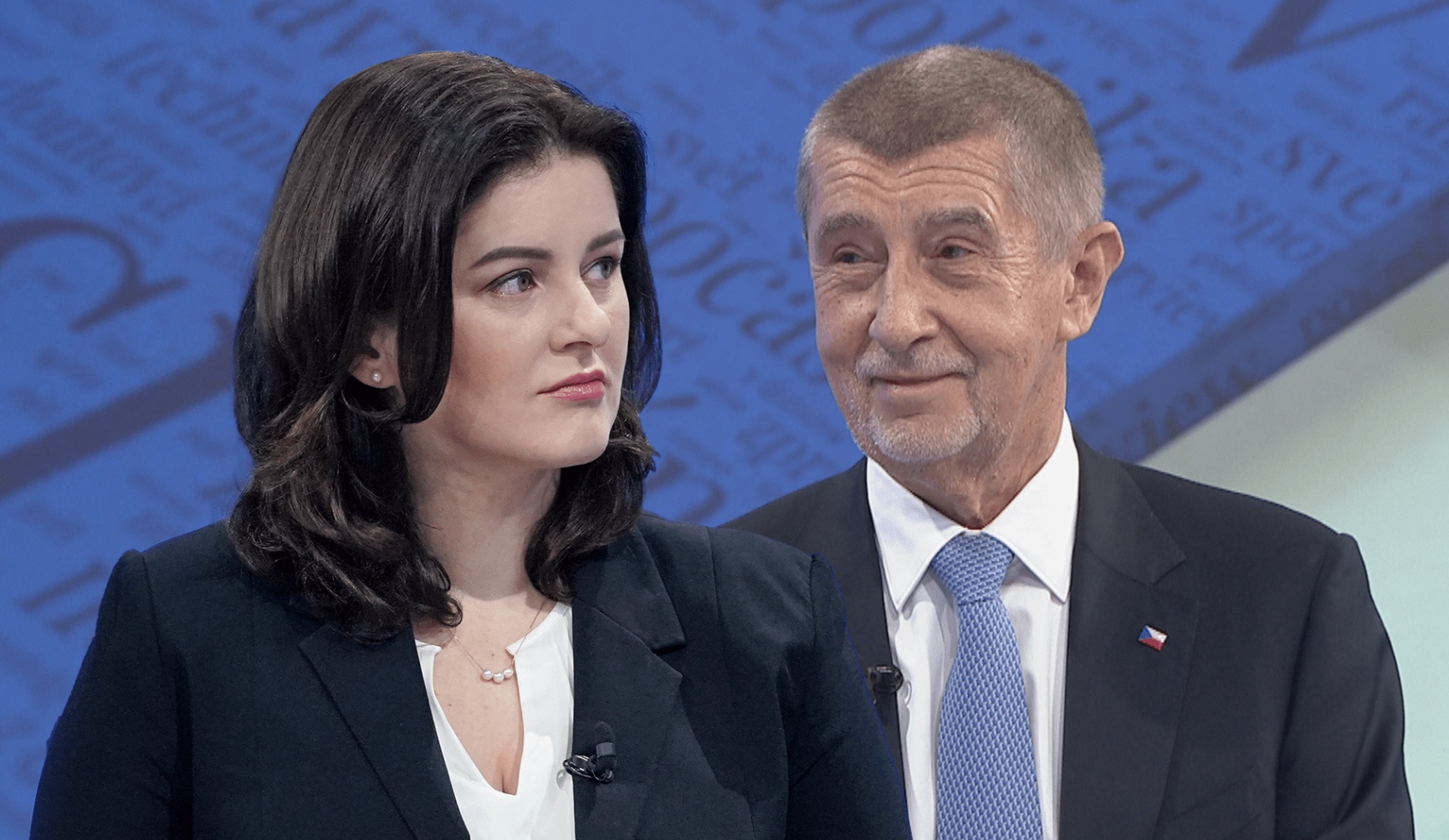- Hans Weber
- February 6, 2026
Saving the Left: Jana Maláčová’s Bid to Reclaim the Czech Center-Left
In a political landscape long dominated by fragmentation and personality-driven movements, the Czech left is attempting a dramatic reconfiguration. The catalyst? A bold pact between Stačilo!—a rising left-wing protest movement—and the long-struggling Social Democrats (SocDem), led by former Minister of Labour and Social Affairs, Jana Maláčová. Their goal: to stop wasting leftist votes and restore a meaningful counterbalance to the dominant forces on the right.
The alliance, announced just yesterday, is nothing short of a last-minute rescue operation. Both Stačilo! and the Social Democrats have lingered around the 5% electoral threshold in recent years, rendering their votes effectively useless in the broader struggle for parliamentary power. Their new strategy is simple but potentially effective: unite behind a single electoral banner to consolidate the fragmented progressive electorate. On paper, this gives the Czech left a fighting chance not only to reenter parliament but also to influence who governs the country after the next election.
The model isn’t unprecedented. The far-right SPD and its allies have already adopted a similar logic—pooling their resources and voters in hopes of maximizing influence. Suppose either bloc succeeds in its goal of reclaiming lost votes and mobilizing disenchanted citizens. In that case, the next prime minister of the Czech Republic almost certainly won’t be Petr Fiala of the center-right ODS. Whether it will be Andrej Babiš of the populist ANO movement, however, is far less certain.
Babiš’s future remains an enigma. Despite ANO’s steady popularity, the former prime minister is approaching 71 and faces increasing scrutiny—not just from political opponents, but also from the media, international observers, and potentially, the Czech justice system. Much of ANO’s identity has been wrapped around Babiš’s brand. Critics deride it as a one-man show, and not without reason. His tight grip on messaging, policy, and candidate selection has left the party without a clear successor or institutional depth.
What happens when Babiš himself says “Stačilo!” and exits the political stage? The most likely outcome is a vacuum—perhaps even the fragmentation or implosion of ANO. The party’s base, drawn from across the political spectrum, could quickly scatter. There’s also the ominous possibility that Babiš, true to his business instincts, might “sell” the party’s infrastructure and media leverage to another oligarch—perhaps energy magnate Pavel Tykač or software billionaire Marek Španěl—both of whom are ideologically right-wing and financially capable of backing a national political vehicle.
This looming uncertainty opens a rare window of opportunity for the left. And if anyone is well-positioned to step into the breach, it is Jana Maláčová. Trained as an economist and known for her fierce defense of social welfare policies, Maláčová has become one of the most recognizable progressive figures in Czech politics. Her challenge is formidable: to reintegrate the alienated working-class base that once formed the backbone of Czech social democracy, and to do so in an era when political apathy and cynicism run high.
Maláčová’s bet is twofold. First, that there remains a substantial portion of Czech voters—especially in smaller towns and industrial regions—who feel unrepresented by both the center-right coalition and Babiš’s brand of populism. Second, that by fusing the grassroots energy of Stačilo! with the institutional experience of the Social Democrats, the left can present a credible, modern alternative to both.
But credibility requires more than slogans. Maláčová will need to navigate tensions within the new alliance, present a coherent program that resonates with everyday voters, and avoid the pitfalls of ideological infighting that have plagued the Czech left for the past decade. The campaign must not only offer critiques of austerity and inequality but also articulate clear, forward-looking policies on housing, labor rights, climate, and the digital economy.
Much will also depend on how President Petr Pavel approaches the post-election period. Though officially neutral, the president holds significant influence in the appointment of prime ministers and the timing of government formation. Should ANO finish first but fail to form a majority, Pavel could tip the scales by inviting a left-leaning or technocratic coalition to take the lead—particularly if Babiš is mired in legal or financial complications.
It’s a high-stakes game, and time is short. Czech voters have shown little loyalty to parties or ideologies in recent years. The electorate is volatile, unpredictable, and increasingly issue-driven. In this environment, charisma and clarity count more than tradition or party logos.
Jana Maláčová’s project is not merely electoral—it is existential. The Czech left has been teetering on the brink of irrelevance. With this alliance, Maláčová is attempting to reverse years of decline, rebuild trust, and prove that a modern leftist vision still has a place in Central Europe. Whether she succeeds depends not only on her political skill but also on whether the Czech public is ready to believe again.
Recent posts
See AllPrague Forum Membership
Join us
Be part of building bridges and channels to engage all the international key voices and decision makers living in the Czech Republic.
Become a member
